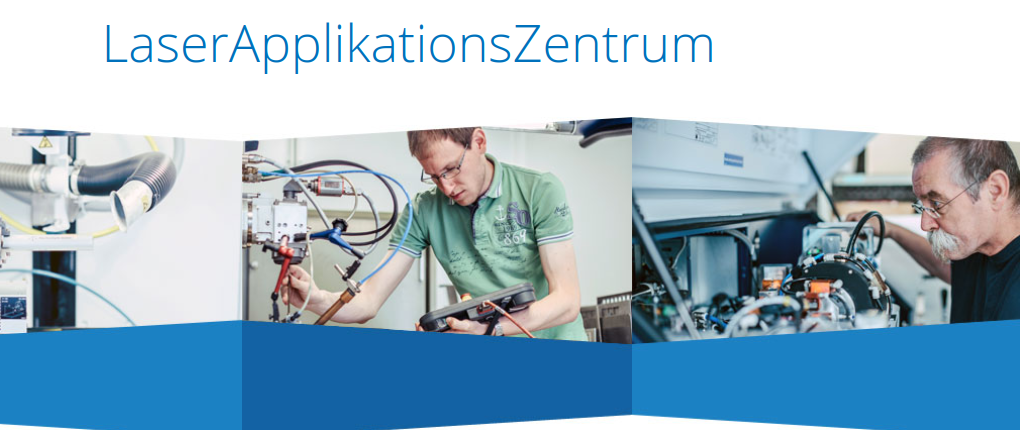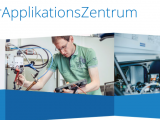
German researchers improve charging capability of lithium-ion batteries
14. Juli 2021Berlin, 14.7.2021
After nearly two years of research at Aalen University, two doctoral students, Max-Jonathan Kleefot of the LaserApplikationsZentrum(LAZ) and Jens Sandherr of the Institute for Materials Research (IMFAA), have solved their task. They set out to improve the charging capability of lithium-ion batteries in such a way that owners of electric cars can look forward to significantly shorter charging times.
They described the following scenario regarding the difficulties in dealing with the material: „If you press the electrodes together inside a battery and compress them, you can – to put it simply – fit more electrical energy inside. But then you’re already faced with the next challenge: The battery now contains more energy in a smaller volume, but it’s harder to recharge.“
Kleefoot and Sandherr conducted a whole series of experiments in search of the answer. „We used lasers to roughen and perforate the surfaces of the electrodes inside the batteries to improve the exchange of lithium ions between the electrodes during charging and discharging,“ Kleefoot reports. Studies on fast-charging capability indicate that batteries processed in this way can be charged noticeably faster.
Nine cooperation partners are tackling this question in addition to Aalen University: the German Aerospace Center (DLR), the Center for Solar Energy and Hydrogen Research (ZSW) and the company Trumpf Laser. VW is the project coordinator for the project, which is funded by the German Federal Ministry of Economics (BMWi) with around one million euros.
In the further course of the project, the knowledge gained so far mainly from laboratory cells will now be transferred to larger cells. This will enable the next steps towards industrialization of the process.


